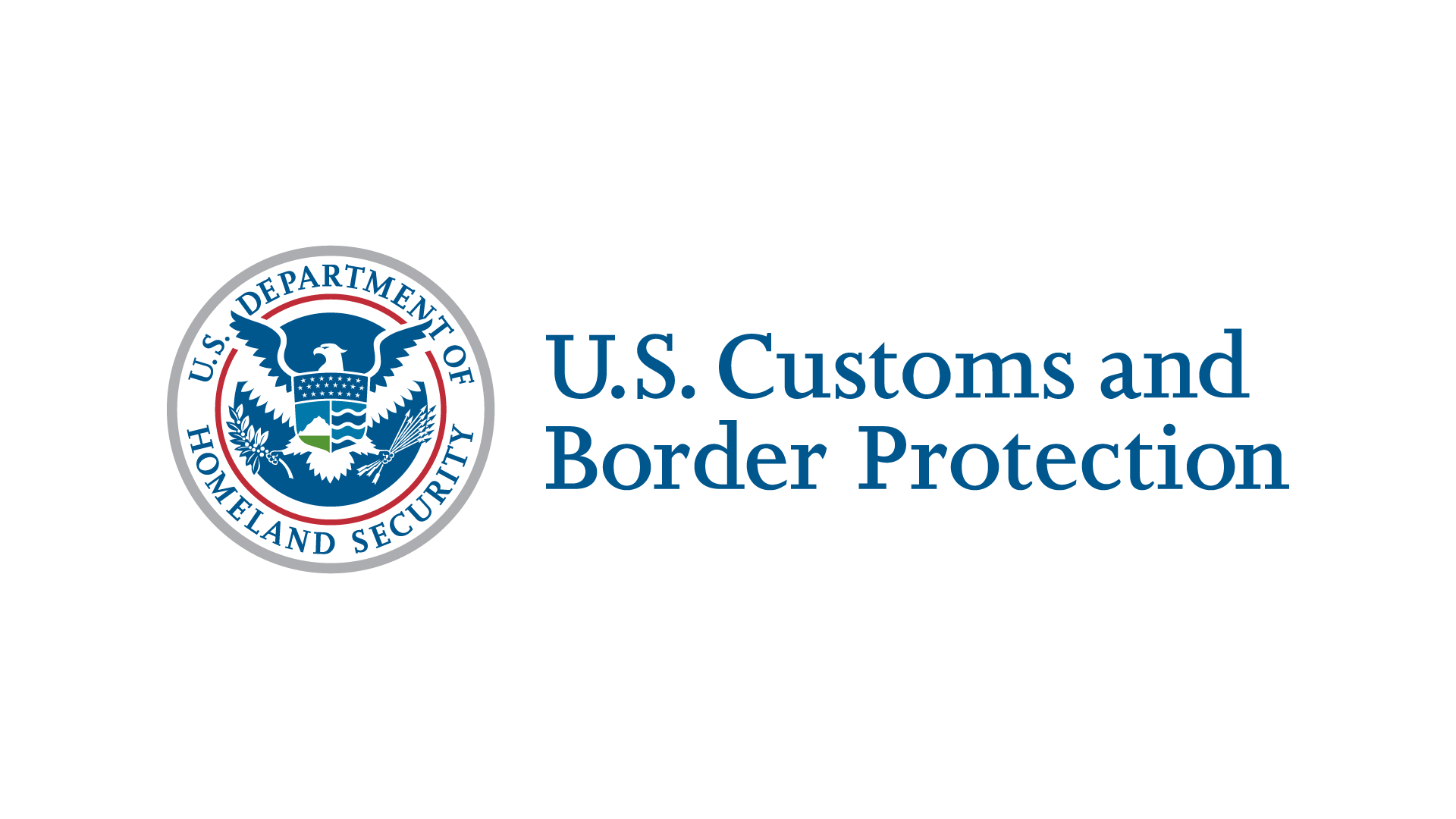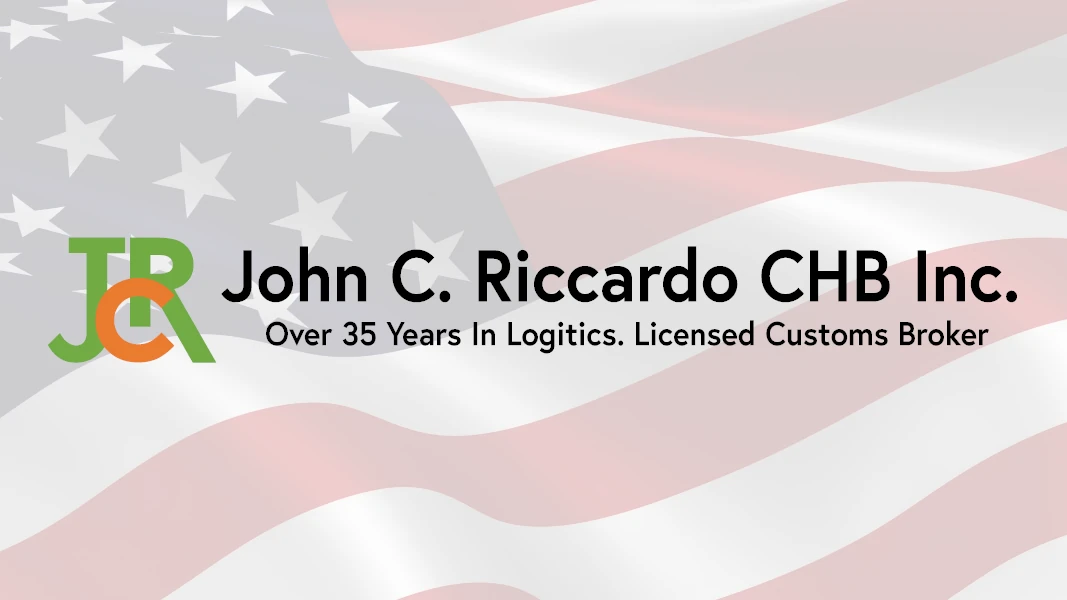Eric Johnson, Senior Technology Editor I Dec 27, 2023, 12:02 PM EST
US Customs and Border Protection (CBP) has made clear to customs brokers they
cannot use offshore data entry companies to perform a number of trade compliance
processes for US imports.
In a Dec. 19 ruling based on a request from Georgia-based broker Heizwerthy Customs
& Freight Solutions, CBP said using an offshore and unlicensed third-party company to
handle reviews of shipping documents such as bills of lading and commercial invoices
would constitute a violation of US customs laws.
The significance of the ruling is large, customs experts told the Journal of Commerce
this week, because it means US brokers can’t use less expensive offshore labor to cut
down on operational costs associated with import entry preparation and other
brokerage services.
The request from Heizwerthy asked CBP to rule on whether it was permissible for an
offshore entity to input data into a customs entry filing that would eventually be
transmitted to CBP via Heizwerthy’s Automated Broker Interface (ABI) system.
“We find that the unlicensed company would impermissibly conduct customs business
by extrapolating entry-related data from shipping documents and keying that data
into Heizwerthy’s ABI software system,” Monika R. Brenner, interim chief for CB P’s
Entry Process and Duty Refunds Branch, wrote in the ruling.
Cost pressures
Brokers generally take a fee to prepare customs entries or perform other services, but
those fees are under competitive pressure from brokers who use automation or
offshore labor to reduce headcount. Customs brokers have also lost revenue from
increasing use of the US de minimis rule, which allows importers to move one
shipment per day of less than $800 in value without filing a formal customs entry.
“It’s not the first time CBP has addressed this topic, but this one is super specific and,
I think, firmly shuts the door on a couple of operational strategies some brokers have
leveraged,” said Karen Kenney, president of global trade management advisory firm K2
Trade Solutions.
Kenney told the Journal of Commerce there’s been a perception among some brokers
that as long as data is reviewed by a US-based licensed broker before filing with CBP,
brokers are fine to use offshore companies to key in entry data.
“This very clearly indicates all of the work must be done by broker company employees
and all in the US,” she said. “There will be brokers that will love it and those that will
hate it. And I wonder whether it will end here.”
Some customs veterans have long been warning that CBP would crack down on
activities being conducted by unlicensed individuals, especially if that activity
occurred outside US territory.
“Customs made it clear- customs business can only be done in the US and under the
supervision of a [licensed customs house broker],” Pete Mento, commercial director at
forwarder DSV, wrote in a Dec. 22 Linkedln post about the ruling. “Bad news for the
many brokers cleaning up and even managing all of their entries from foreign service
centers.”
Mento said the ruling could be particularly damaging to customs brokers branding
themselves as “digital brokers” that use an offshore labor model or automation
services outside US territory to perform customs entry work.
Complaints over lack of clarity
The scope of the ruling has left some unclear about how brokers manage collection of
data from bills of lading and commercial invoices to generate entries, since data for
imports will inevitably originate from the export country.
“A global freight forwarder or customs broker, they’re going to have data from all over
the world,” said Beth Pride, president of trade advisory firm BPE Global. “Just because
it’s filed in the US doesn’t mean the data will be created in the US. By nature, it’s not
US-origin stuff. I don’t understand the purpose of [the ruling]. We work in a global
community.”
Pride said the issue also extends to importers that handle entry generation and either
file it themselves or prepare it and hand it off to a US broker to file.
“There are so many global [multinational companies] that do it themselves,” she said.
“It’s the same exact issue. This is huge for importers because they have operations or
third parties abroad. They will create a feed they hand to the broker, and what CBP is
saying is you can’t do that anymore. You need to have a licensed US-based broker do
that.”
K2’s Kenney said the ruling is also unclear as it relates to the impact of automation on
everything from product classification to data entry to entry preparation.
“There are lots of brokers using automation – [forwarding software provider]
CargoWise, for example -that get data uploaded from their agent partners overseas,”
she said. “The CargoWise software uses shipment data as a basis for the entry data.
This ruling would tend to imply that’s problematic, too, but it’s not crystal clear.”
Pride, meanwhile, said the ruling means shippers need to be cognizant of not just
whether their brokers are filing entries accurately, but that they are doing so entirely
with US-domiciled staff. That extends to the use of global trade consultants as well,
who need to be licensed US customs brokers if they are involved in import
documentation services.
“CBP has been clear: You can’t do customs business without being licensed,” she said,
adding the ruling is “a nail in the coffin” for using offshore staff.
Contact Eric Johnson at eric.johnson@§12global.com.


